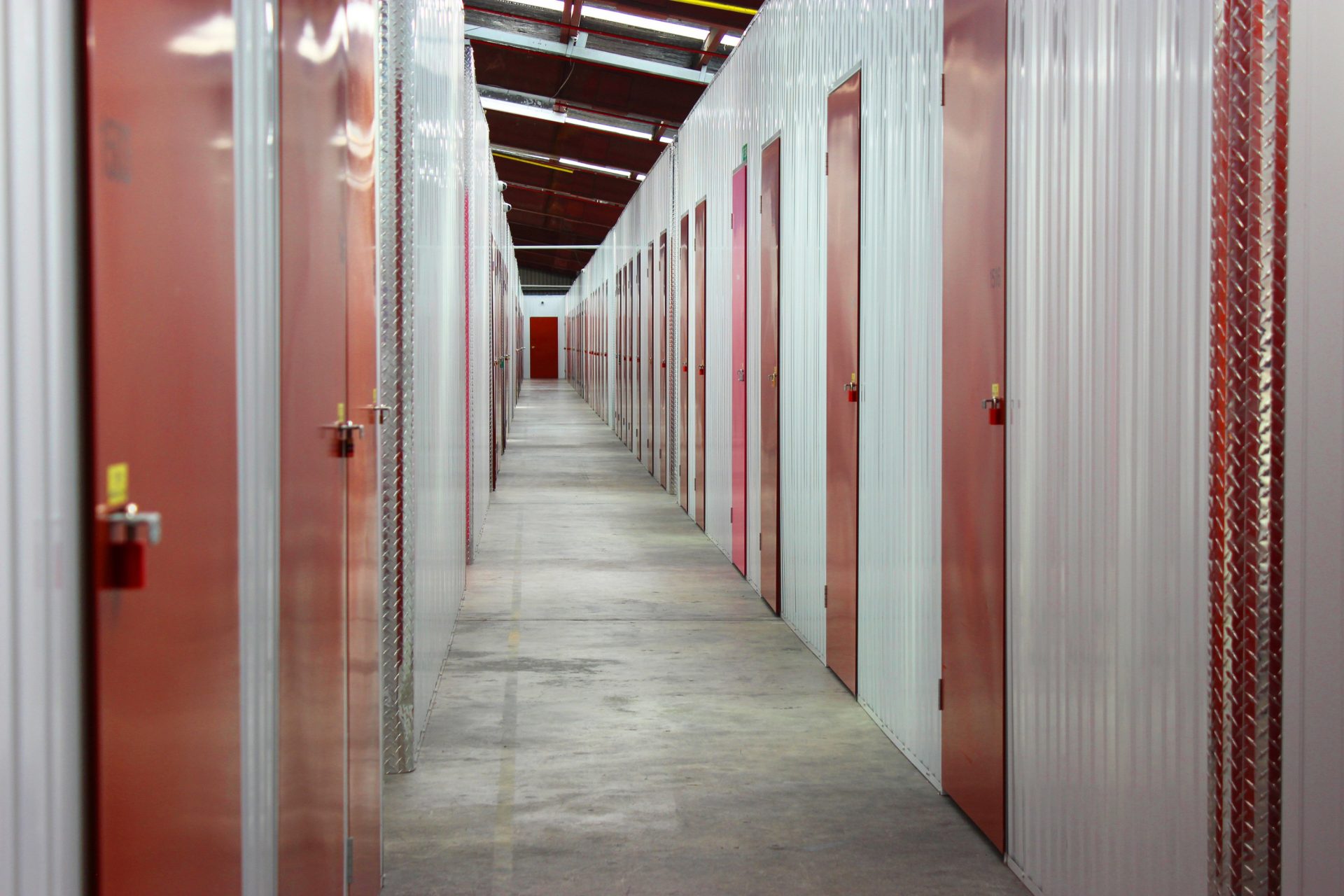

Another was my friend, and former colleague at Fuller Seminary, Mel White, whose poignant story of trying to escape the fact that he was gay has been published in his book, Stranger at the Gate: To Be Gay and Christian in America (New York: Simon & Schuster, 1994). He was in an agonizing dilemma between his very conservative theology and the impulses of his sexuality. One I especially remember was a Missouri Synod Lutheran student I counseled at Fuller Seminary. Over the next twenty-five years I have become acquainted with a significant number of gay and lesbian people. While that experience was not enough to overcome my general cultural bias against homosexuality, it got me thinking. He had been working for two years in a ministry of the arts and had been extended a call by the congregation with which he worked.Īt one point, Bill turned to me and said, angrily: “I can tell you a sin that you have committed that I never have.” He said: “I have never looked on a woman to lust after her.” I said: “You’ve got me there.” I had no reason to doubt Bill’s assertion of his same-sex orientation. He was a Phi Beta Kappa graduate of a Christian college and of Union Seminary in New York. In that context, I met the person who was the test case to whom the overtures referred. Prior to that I’m not aware of knowing any openly gay Presbyterians. I had been chosen as one of two Theologians-in-Residence to work with committees of the Assembly to help them think theologically about the business that they were assigned.That 188th Assembly of the United Presbyterian Church (the Northern stream) in 1976 had received overtures from two presbyteries, New York City and Palisades, asking for “definitive guidance” on whether it was appropriate to ordain a person who was well qualified in every part of the trials for ordination but was, in the language of 1976, a “self-affirming, practicing homosexual.” As part of my theologian-in-residence duties, I was assigned to meet with a group of gay men, to help them develop their response to the overtures. I had a unique perspective on that Assembly.

I look forward to the question period when I can hear from you.My education about homosexuality in the church probably began with the General Assembly in 1976. My deepest desire is that our discussion of these issues might in some way contribute to moving us beyond our present theological polarization. I hope that you will find dealing with these issues helpful.

I am going to speak about my change of mind on the question of homosexuality, what I have learned theologically in that process, and some implications for us as a church.

I appreciate the opportunity to address you this morning. Address to Covenant Network Northwest Regional Conference


 0 kommentar(er)
0 kommentar(er)
